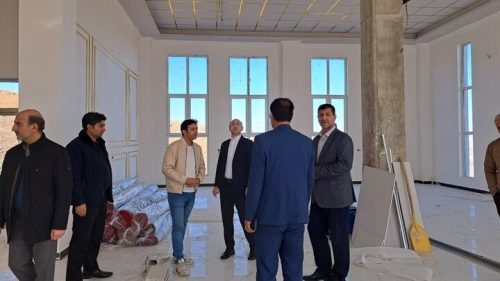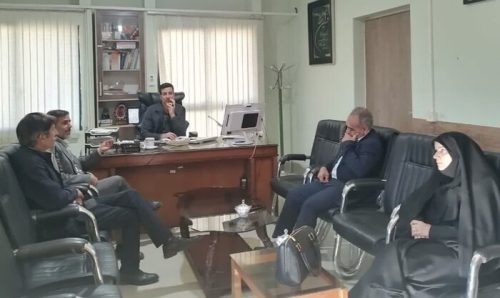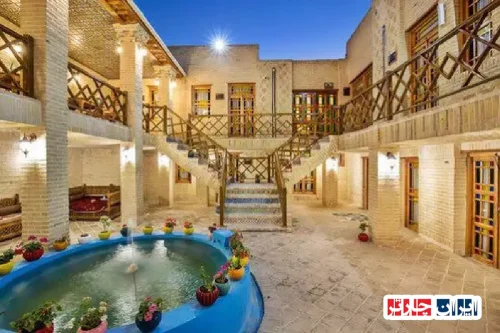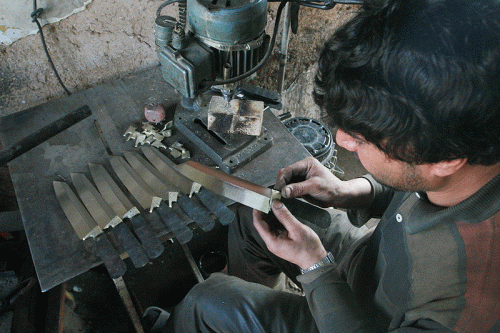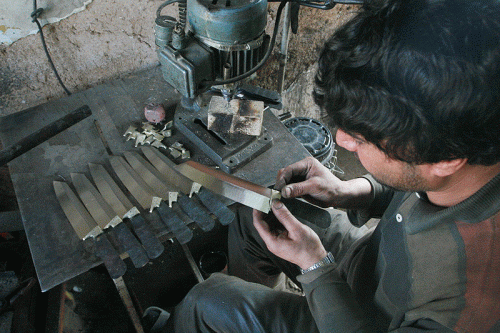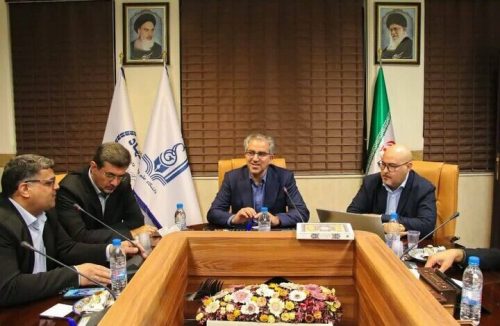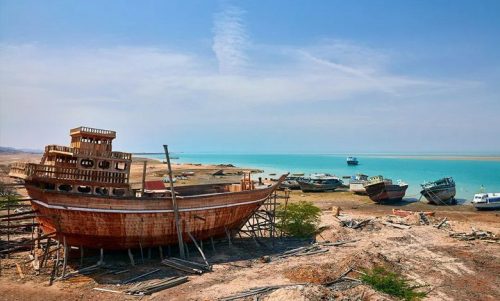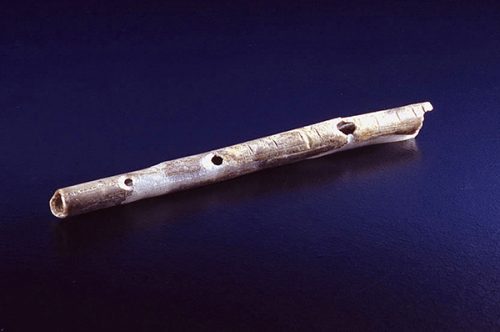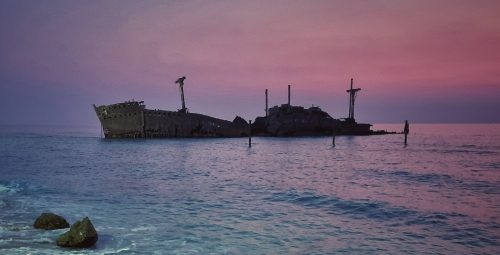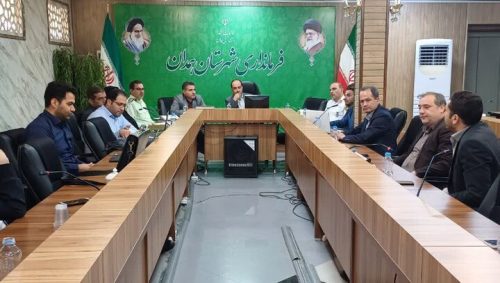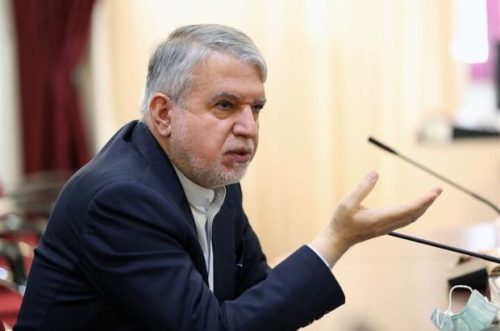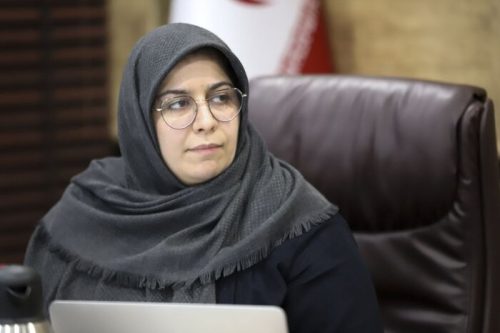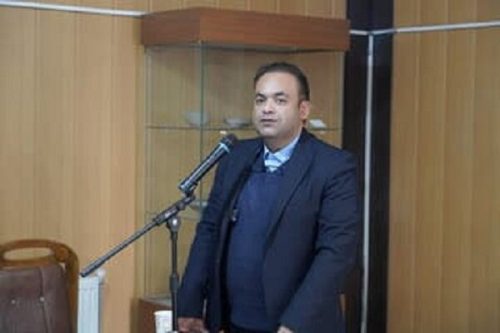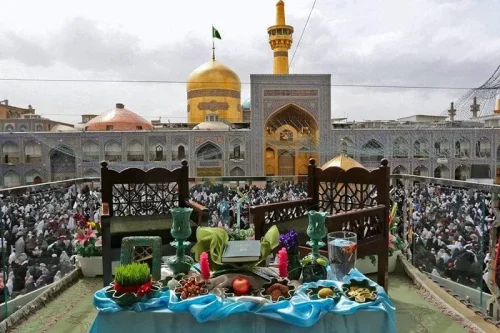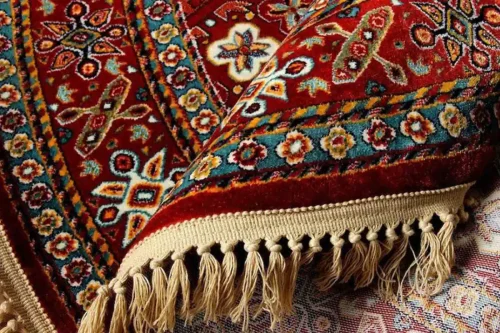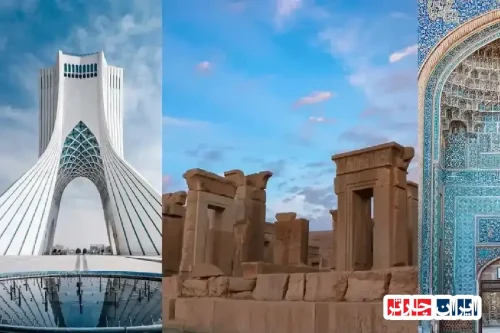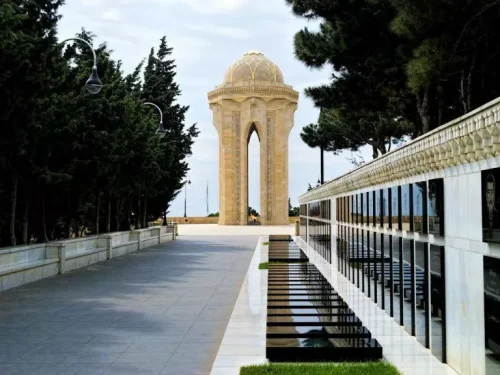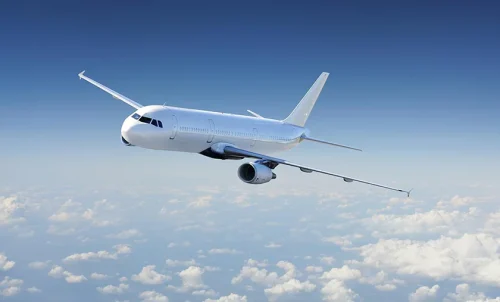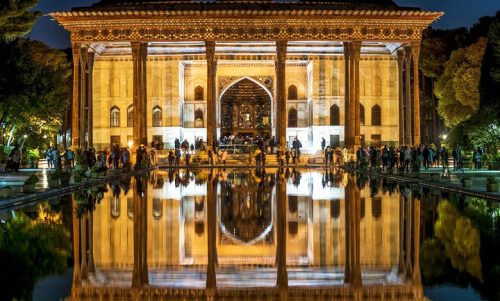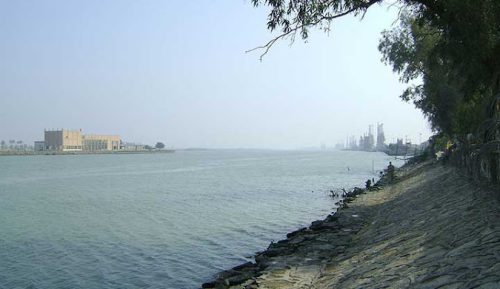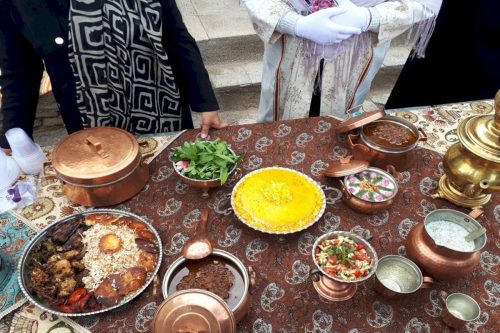Iran’s New Game Plan: How the 14th Government is Elevating Sports Tourism on the National Agenda
Recognizing the immense potential of sports beyond athletic competition, Iran’s 14th government has embarked on a strategic initiative to elevate sports tourism to a priority on the national agenda. This shift reflects a deeper understanding of how leveraging sports can contribute significantly to economic development, enhance international relations, and promote Iran’s diverse cultural and natural attractions. By formally prioritizing sports tourism in Iran, the government aims to channel resources and focus efforts towards building a more robust and appealing environment for both domestic and international sports-related travel and events.
Beyond the Finish Line: Unpacking the Potential of Sports Tourism Development in Iran (14th Government’s Vision)
The 14th Government’s vision for sports tourism development in Iran looks towards unlocking inherent, untapped potential across the country. This goes beyond traditional stadium sports to encompass adventure tourism in diverse landscapes, promotion of local and traditional sports, and the development of necessary infrastructure. The government sees Iran’s potential in this sector as a pathway to sustainable growth, aiming to attract athletes, spectators, and sports enthusiasts while showcasing the nation’s historical depth and natural beauty, ensuring that the benefits extend far beyond the immediate sporting event.
Scoring for Growth: How Ministerial Cooperation is Driving Sports Tourism Development in the 14th Government
A crucial element propelling sports tourism development under the 14th Government is enhanced ministerial cooperation. Recognizing that this complex sector involves multiple domains, effective collaboration between ministries such as Sports and Youth, Cultural Heritage, Tourism and Handicrafts, Foreign Affairs, and Transportation is being emphasized. This coordinated approach is vital for streamlining visa processes, improving infrastructure, developing promotional strategies, and ensuring a cohesive national effort to support and grow Iran’s sports tourism offerings and capabilities.
From Pitch to Profit: The Economic and Cultural Impact of the 14th Government’s Sports Tourism Push
The 14th Government’s push for sports tourism is directly linked to anticipated economic and cultural impact for Iran. Economically, increased sports travel is expected to boost revenue in hospitality, transportation, retail, and related industries, creating jobs and stimulating local economies. Culturally, hosting international sporting events and attracting diverse groups of travelers provides a valuable opportunity to present a more nuanced image of Iran, foster cross-cultural exchange, and share the country’s rich heritage and hospitality with a global audience, enhancing Iran’s soft power.
Iran’s Sporting Welcome: What the 14th Government’s Focus on Sports Tourism Means for Travelers and Events
For international travelers and organizers of events, the 14th Government’s focus on Iran’s sports tourism sector signals positive changes. Visitors interested in attending sports events or participating in sports activities in Iran may find improved facilities, potentially smoother entry processes, and a wider array of sports-related offerings. For event organizers, this prioritization suggests increased government support, potential investment in venues, and a more welcoming environment for hosting regional and international competitions, positioning Iran as a more viable destination on the global sports tourism stage.
FAQ
What is the overall strategy of the Fourteenth Government for sports tourism?
The strategy is likely to focus on leveraging existing sports infrastructure and natural landscapes suitable for sports activities, aiming to attract both participants and spectators by integrating sports events with travel experiences.
What specific initiatives are expected to promote sports tourism development?
Initiatives could include targeted investment in upgrading sports venues, developing specialized routes for activities like hiking or cycling, establishing sports training camps, and creating packages that combine sports participation or spectating with cultural tours.
How is the government planning to invest in infrastructure for sports tourism?
Investment focus is expected on improving facilities specifically needed for hosting events or supporting popular sports activities, enhancing transportation links to sports sites, and ensuring quality accommodation options are available in key sports tourism areas.
Which specific sports or activities might be prioritized for tourism development?
Prioritization could be given to sports where the country has natural advantages (e.g., mountaineering, desert sports, water sports) or popular sports with established fan bases, potentially including attracting international teams for training camps.
Are there plans for international cooperation to enhance sports tourism?
Collaboration efforts might involve signing bilateral agreements for sports exchanges, jointly promoting destinations at international tourism fairs, and working with global sports bodies to meet international standards.
What role is envisioned for the private sector in this development?
The private sector is expected to play a significant role, particularly in operating facilities, developing new tourism products and services, and investing in related infrastructure like hotels and transportation, potentially supported by government incentives.
How will the Fourteenth Government market sports tourism domestically and internationally?
Marketing strategies would likely include comprehensive digital campaigns highlighting diverse sports tourism opportunities, participating in and hosting relevant international exhibitions, and collaborating with travel agencies to create and promote attractive packages.
Will there be efforts to attract and host major sports events?
A likely goal is to bid for and host regional or international sports championships and tournaments in various disciplines to boost visitor numbers, gain international recognition, and showcase sports tourism capabilities.
What economic impacts are anticipated from developing sports tourism?
The expected economic benefits include increased foreign exchange earnings through tourist spending, job creation in the sports, hospitality, and service sectors, and stimulating local economic growth in regions that become sports tourism hubs.
How will coordination between sports and tourism sectors be managed under the Fourteenth Government?
Effective coordination is crucial and is likely to involve establishing joint task forces, inter-ministerial committees, or formalized cooperation agreements between the Ministry of Sport and Youth and the Ministry responsible for tourism to ensure integrated planning and execution.

